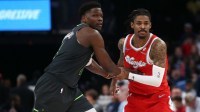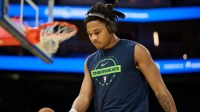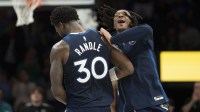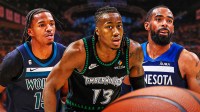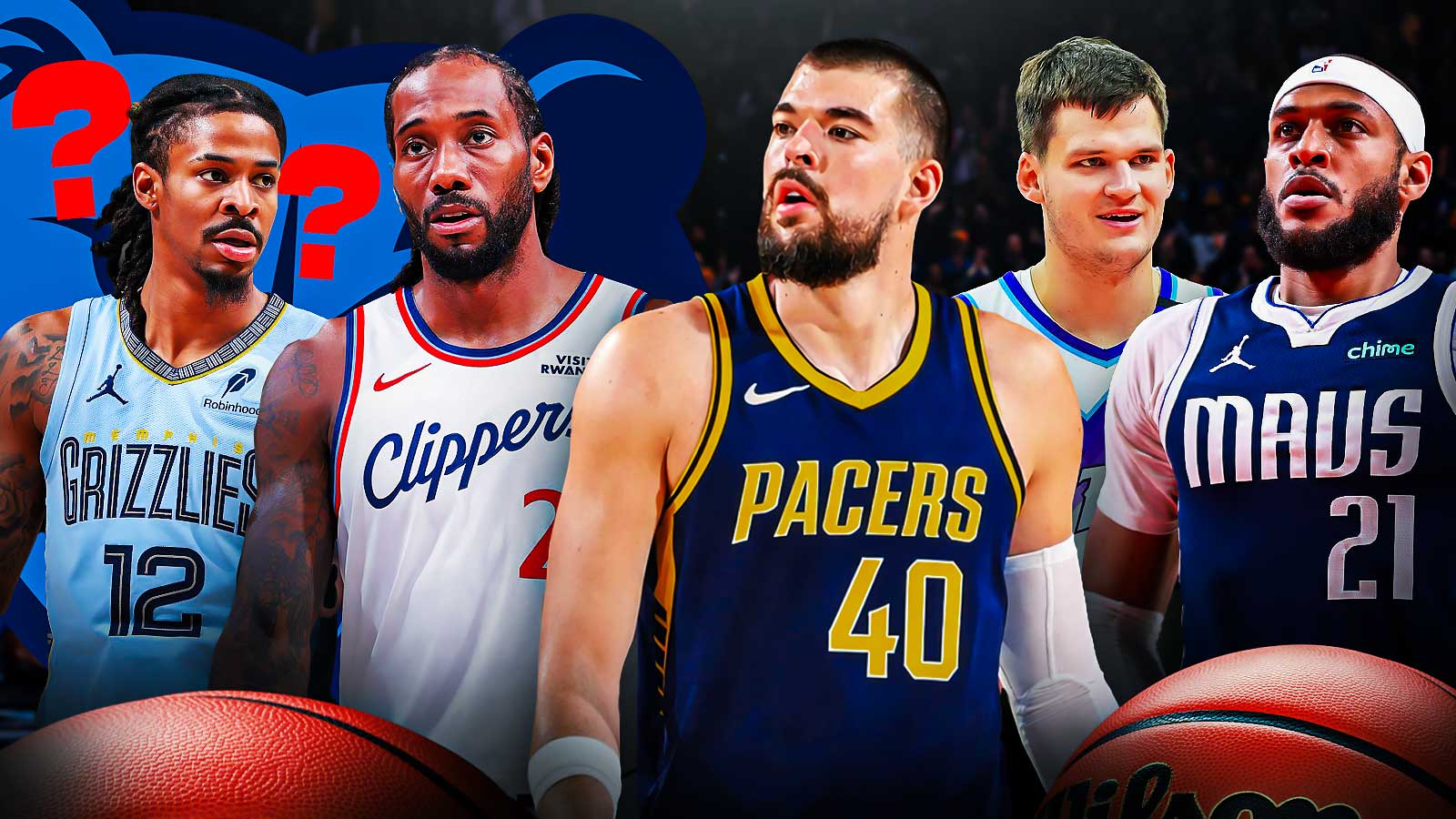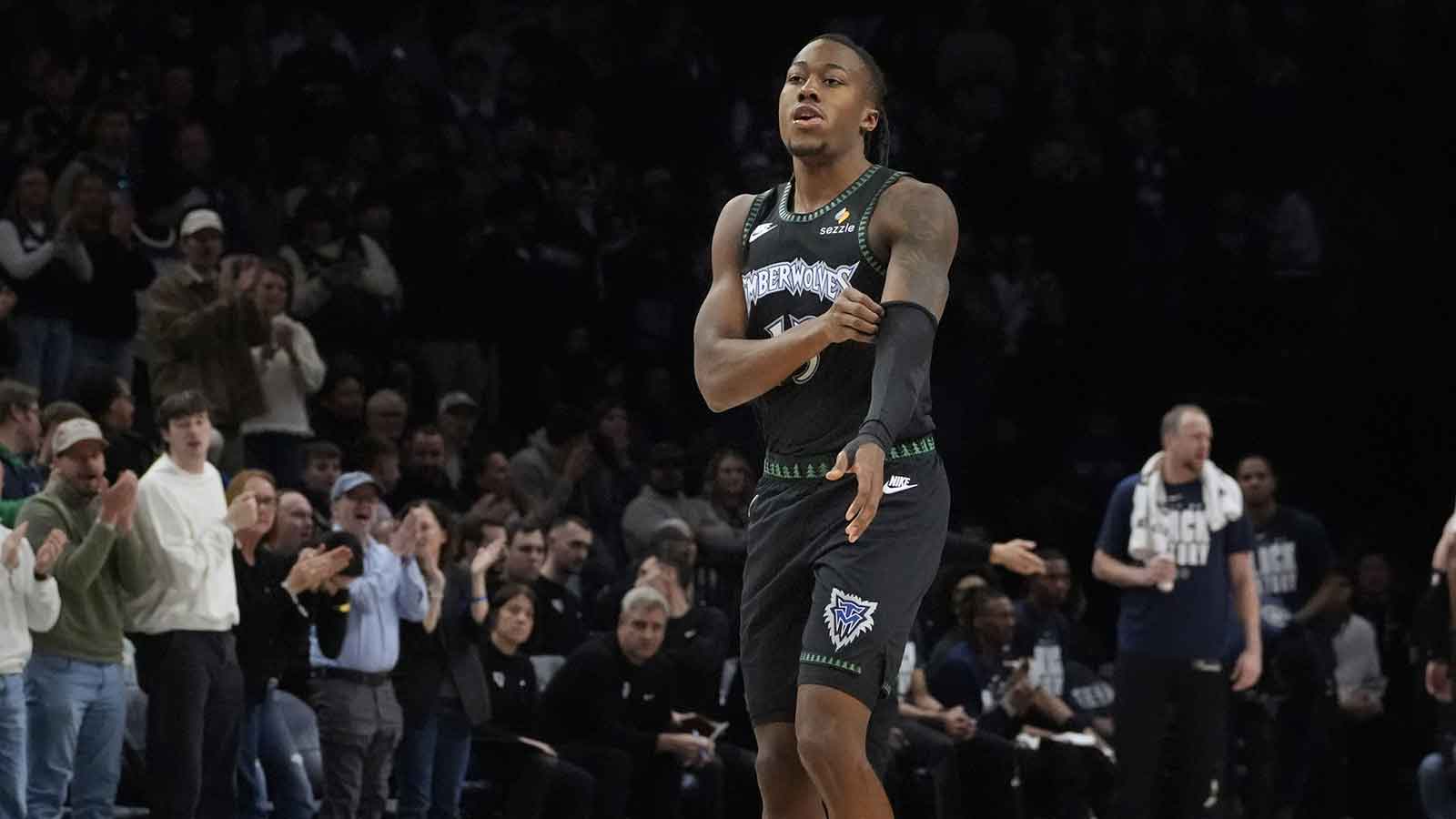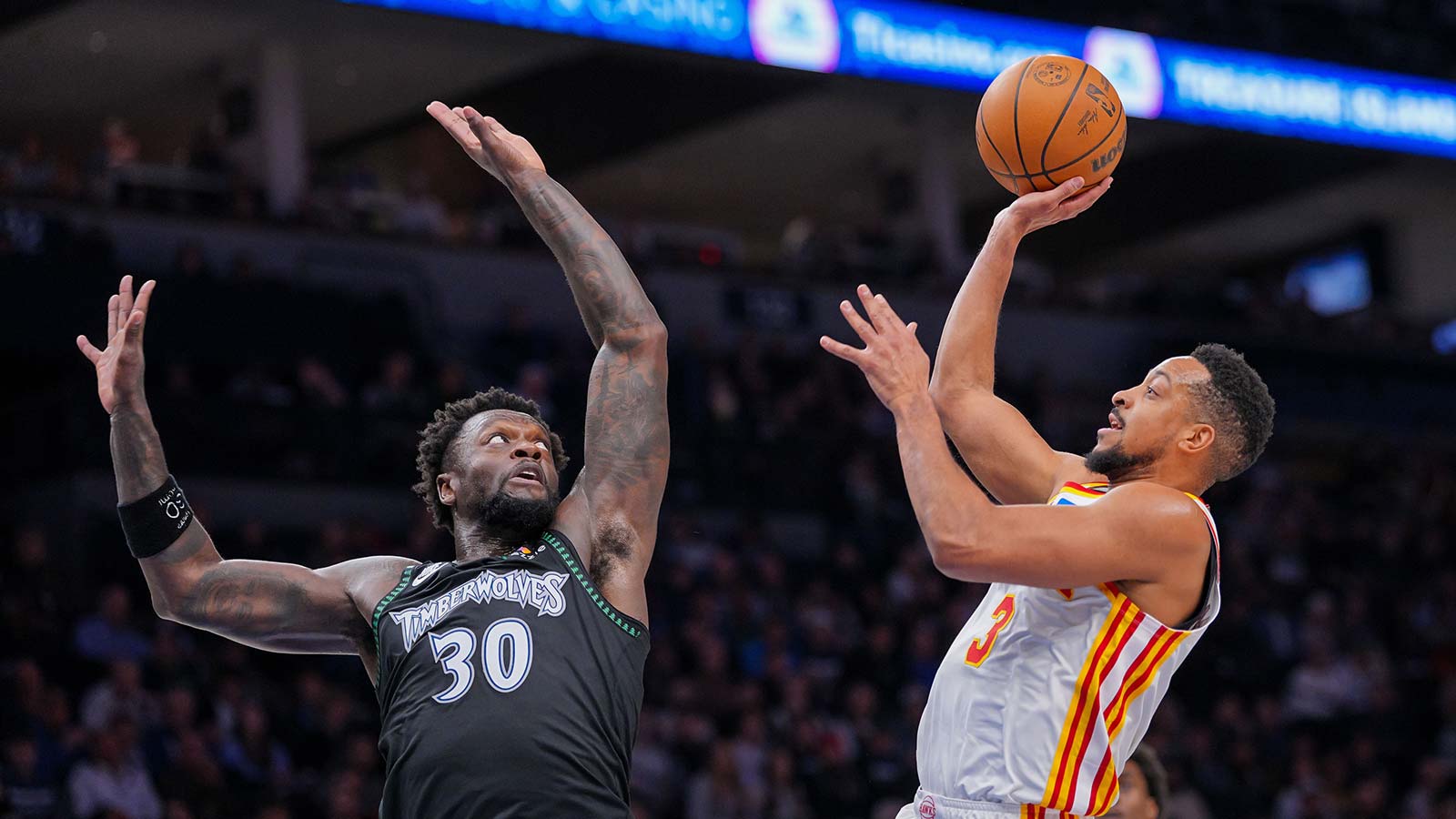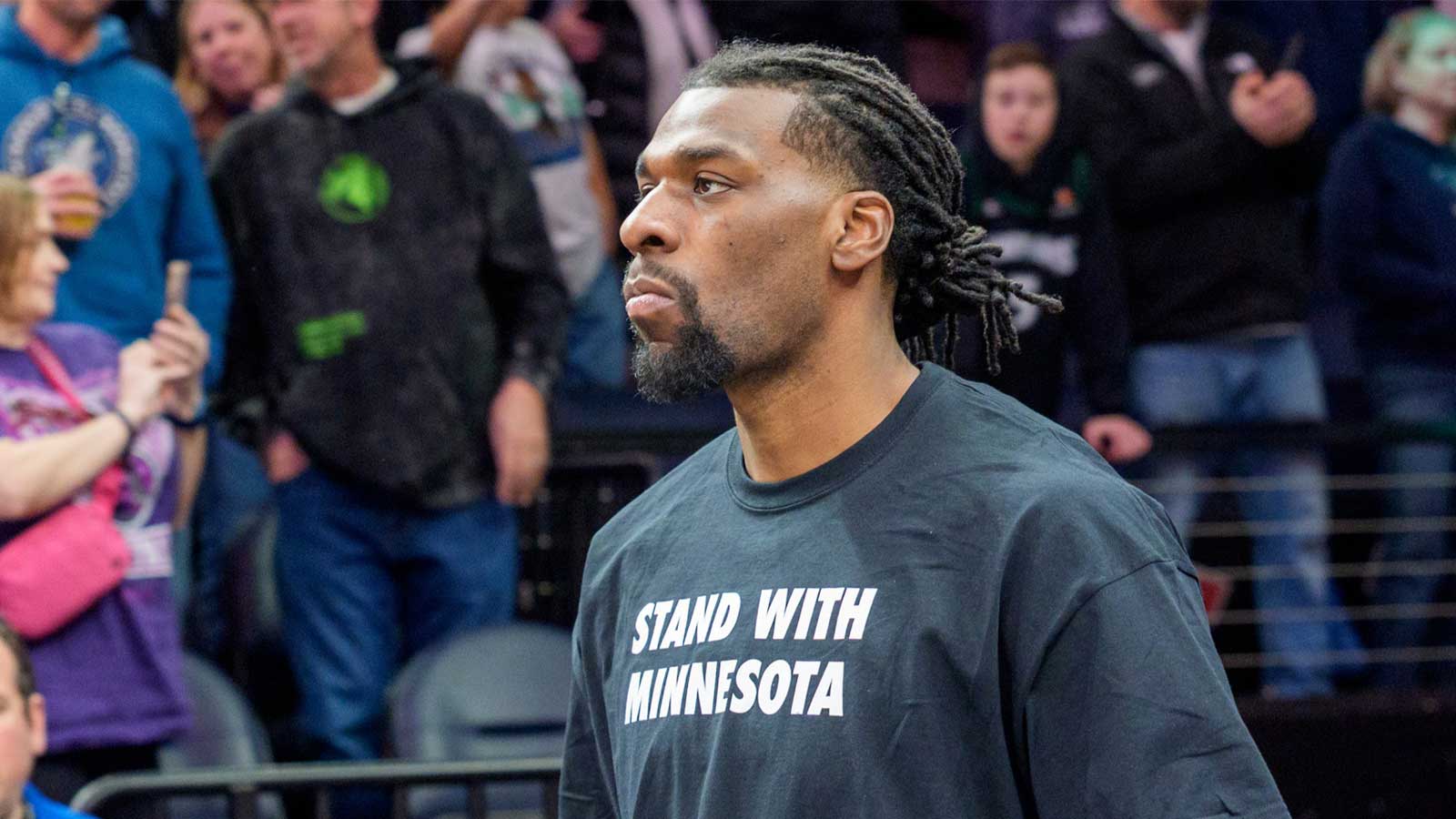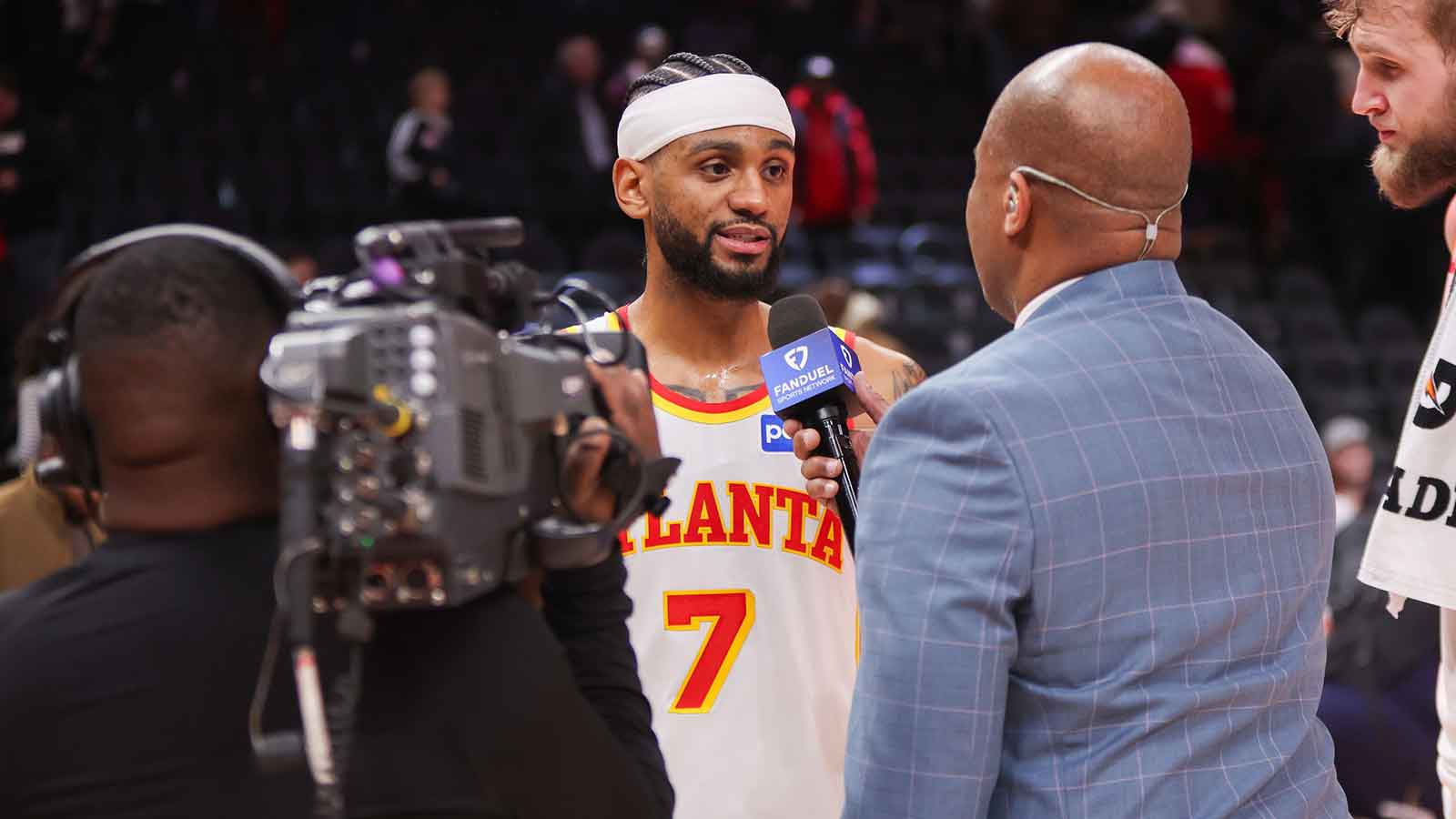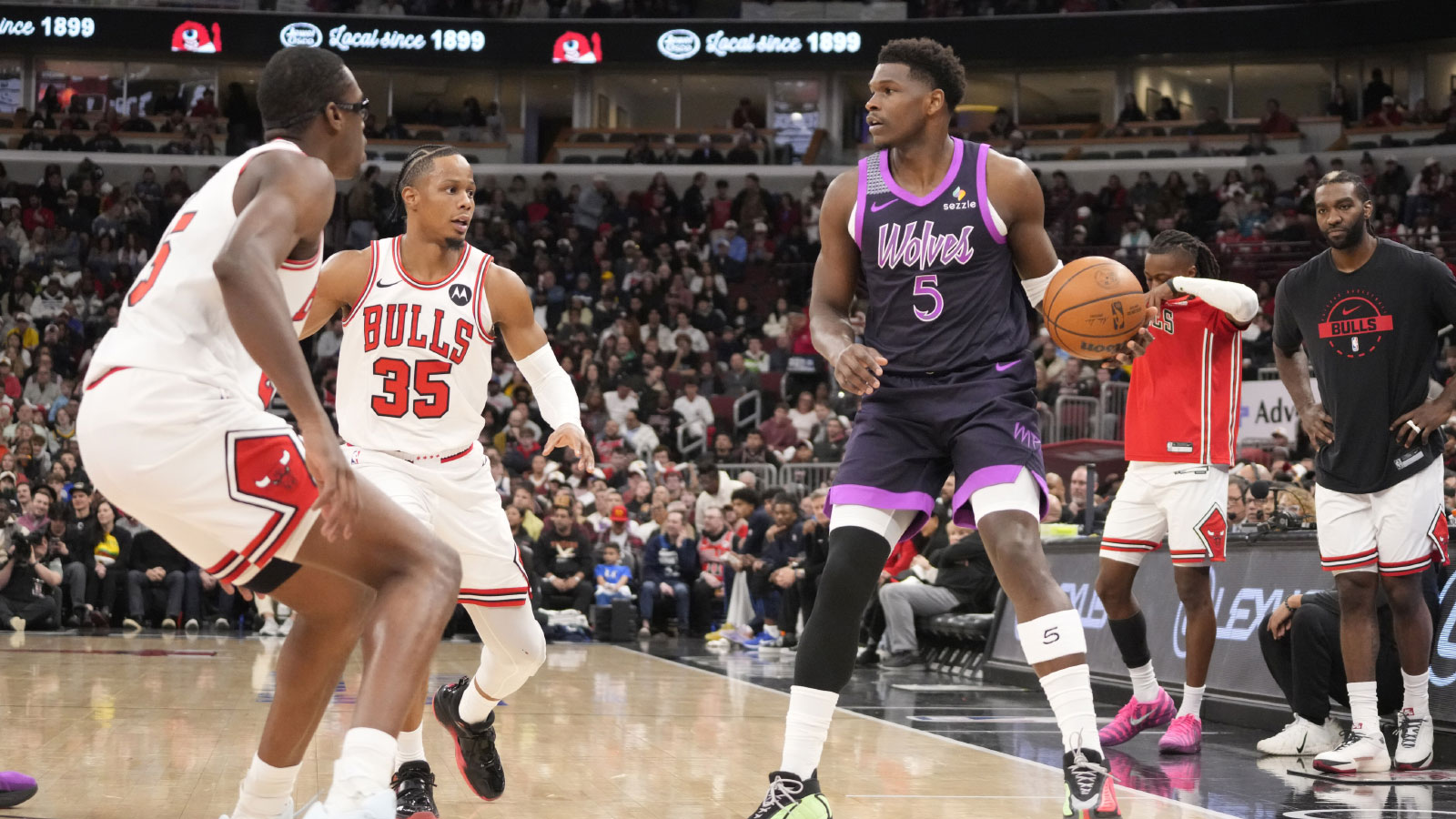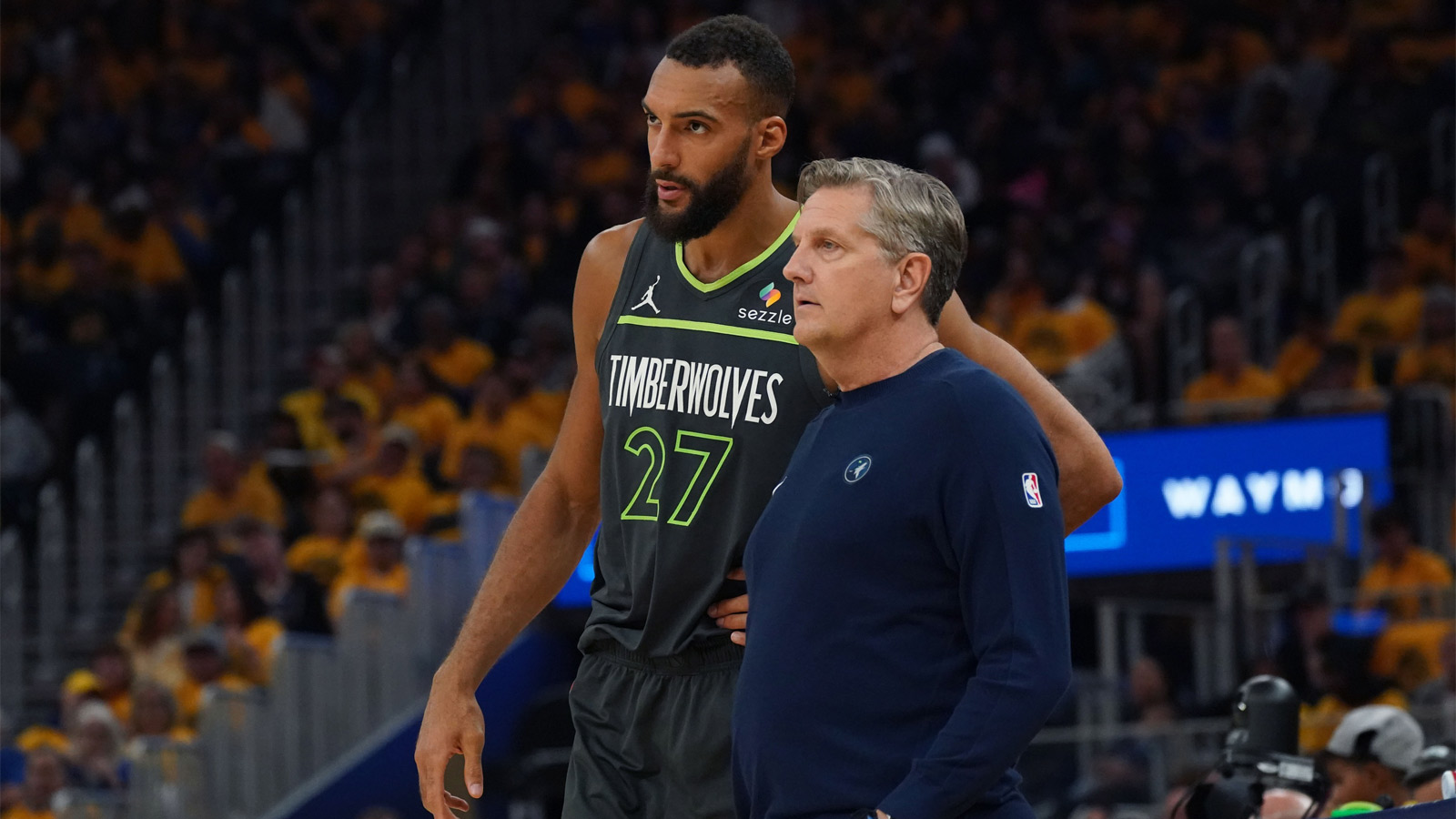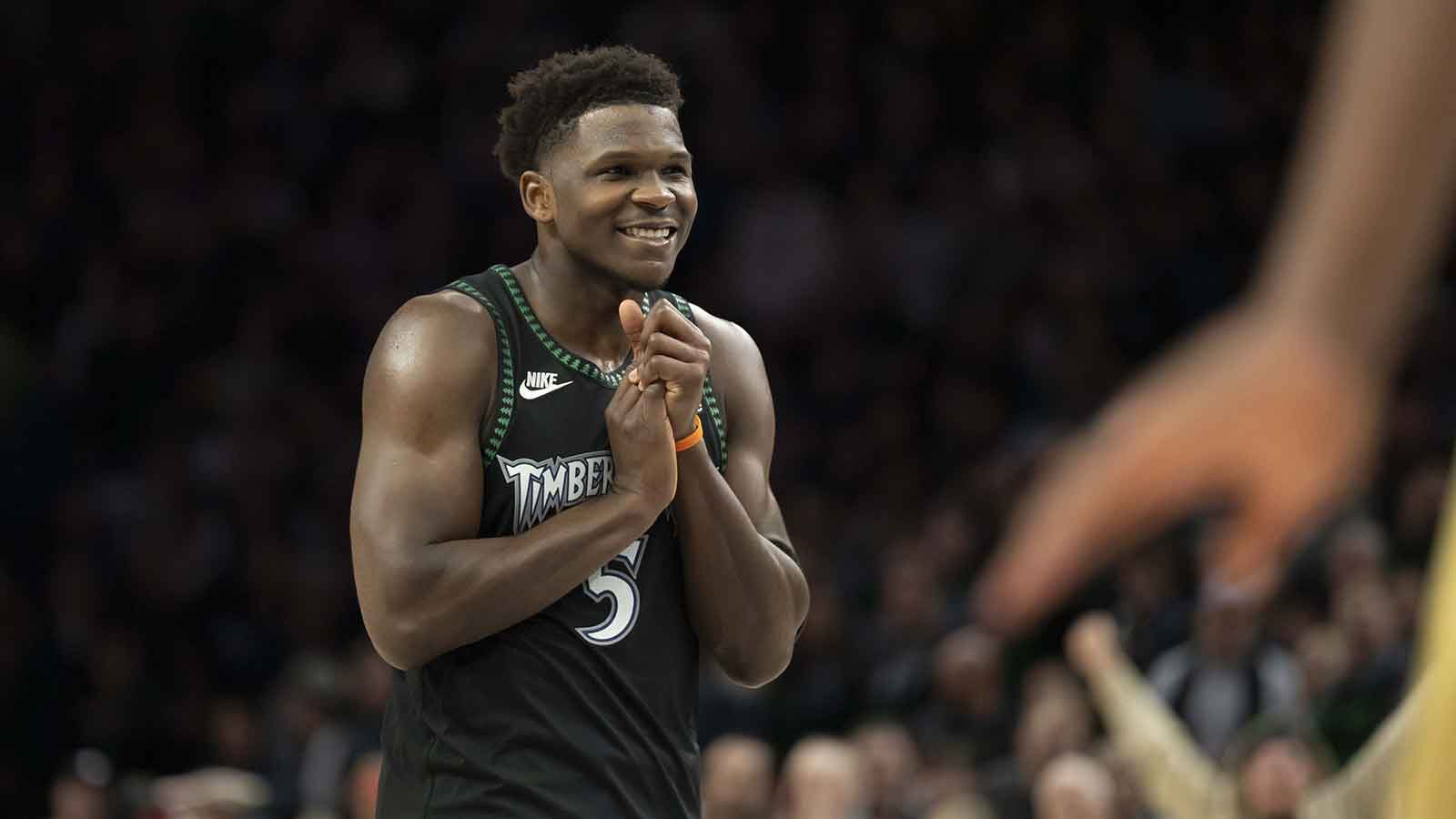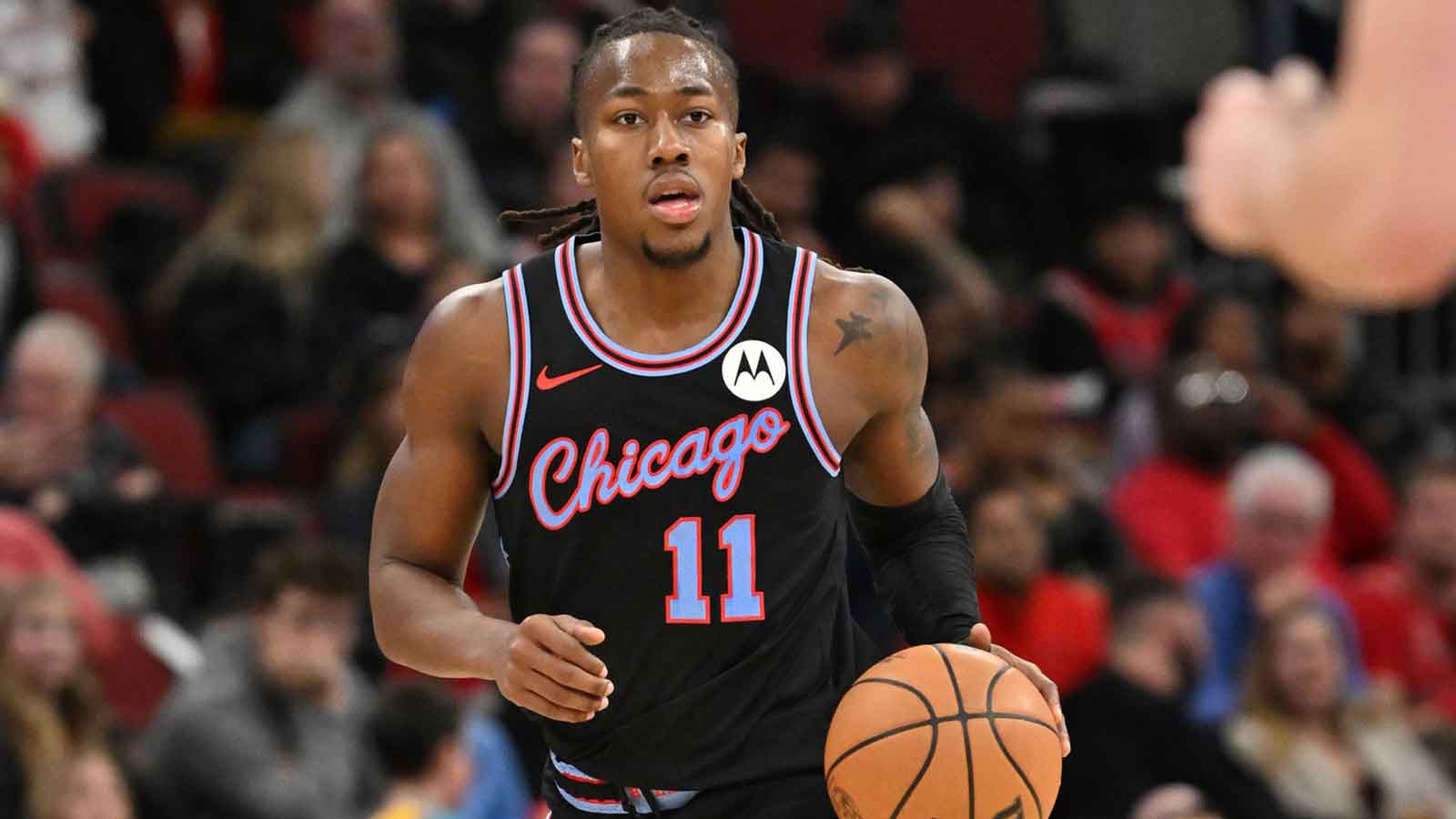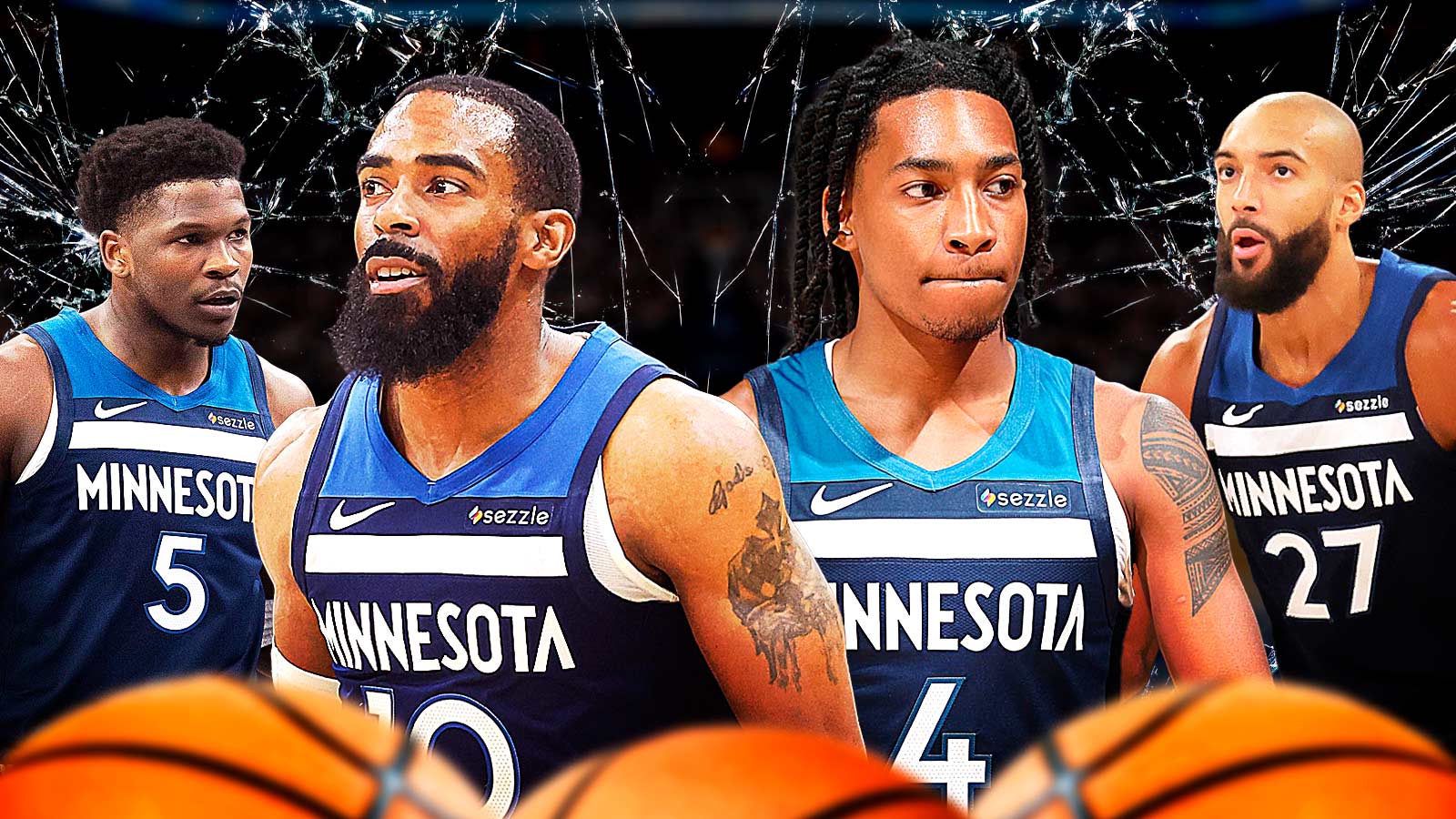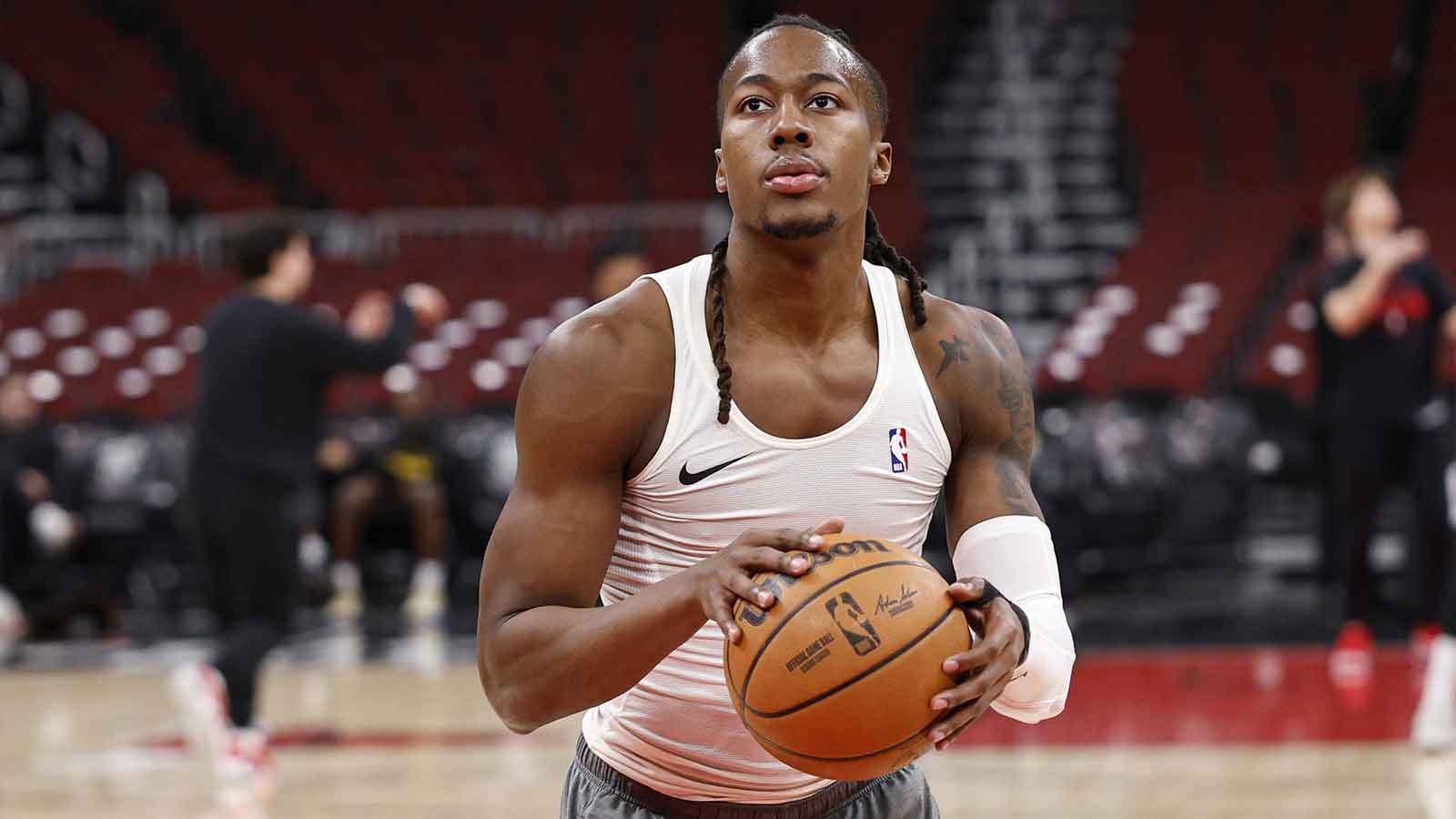The Minnesota Timberwolves are entering the 2022-23 season full of expectations. After a solid regular season that led to the team's first playoff berth since 2018, Minnesota came up short against Ja Morant and the Memphis Grizzlies in the first round, falling 4-2 after blowing multiple double-digit leads.
Despite that disappointing playoff outcome, last season was still one worth celebrating for the Timberwolves. Karl-Anthony Towns put together arguably his best NBA season, cementing himself as the best big man three-point shooter in the league. Anthony Edwards continued ascent was even more impressive, proving he has the makings of a true franchise player.
Capitalizing on momentum from a surprise 2021-22, Minnesota was very active in the offseason. Most notably, the front office acquired Rudy Gobert in a blockbuster trade with the Utah Jazz, prompting both widespread excitement and numerous questions about this team's ability to compete at the highest level both now and going forward.
With that being said, here are the three hottest burning questions for the Timberwolves as they begin training camp for 2022-23. .
3. Who will lead the Timberwolves' bench?
Following the Gobert trade, the NBA world started to notice Minnesota more than it did before. Now, the team is projected to be a surefire playoff squad once again.
However, getting an All-Star like Gobert cost Minnesota some crucial depth. The main players involved in the trade were Patrick Beverley, Malik Beasley and Jarred Vanderbilt.
Beverley was the heart of the Timberwolves' turnaround last season, providing quality defense with tons of hustle. Beasley averaged 12.1 points per game while shooting 37.7% on 3-pointers off the bench. Vanderbilt was a defensive and rebounding menace as a power forward and small-ball center, registering 8.3 rebounds and 1.3 steals per game.
Without those three, Minnesota's bench now has some work to do. The team signed Kyle Anderson, who is not exactly known for his offensive prowess. The backup point guard is now Austin Rivers, who averaged 6.0 points per game with the Denver Nuggets last season. The Timberwolves also signed Bryn Forbes, who played an important role off the bench in the Milwaukee Bucks' 2021 title run.
It is unclear who will lead the bench as training camp tips off. For Minnesota to compete toward the top of the West, at least one reserve needs to prove himself as an impact player.
2. How will Towns and Gobert work together?
As talented and accomplished as Gobert is, his presence with the Timberwolves still presents several rippling questions. Biggest among them: Is pairing Towns with another center really the best team-building approach? Don't forget that Minnesota sent four first-round picks and a pick swap to Utah in exchange for Gobert, too, mortgaging its future for the present.
Both Gobert and Towns have already proven they are elite players. The former is a three-time Defensive Player of the Year, averaging 2.2 blocks for his career, while the latter is nearly a 40% three-point shooter on high volume, capable of scoring from all over the floor.
Gobert has his offensive limitations, with his points coming mostly from putbacks and alley-oops. He will certainly improve Minnesota's rim protection, but putting Gobert on the floor with Towns will complicate the Timberwolves' spacing and overall offensive scheme.
Will Towns stay away from the paint? Or will Minnesota have a crowded frontcourt, crowding Towns' post-ups and Edwards' hard-charging drives?
Training camp should help head coach Chris Finch answer that question. The sooner Minnesota finds out the best way to play with Towns and Gobert are on the floor, the better its chances are to win a playoff series for the first time since 2004.
1. Will D'Angelo Russell be part of the team's future?
While the Timberwolves had a very strong showing against the Grizzlies in the playoffs, one player in particular underperformed. D'Angelo Russell averaged 12.0 points per game on poor efficiency, making just 33.3% of his field goals.
His performance made fans question if the team should trade him and capitalize on Towns' prime years. Russell is on an expiring deal worth a bit more than $31 million, so whoever acquires him would not jeopardize the salary cap beyond 2022-23.
Additionally, the team has Edwards as a rising star. In just his second year as a pro, the former No. 1 pick scored 21.3 points a night on 44-36-79 shooting splits. He also stepped up in the postseason, averaging 25.2 points per game while making over 40% of his shots beyond the arc and occasionally stymying Morant as a one-on-one defender.
With his poor playoff performance and Edwards' emergence, Russell's role in Minnesota could significantly decrease this upcoming season. Will he be the third, maybe even fourth option on the team? If that is the case, perhaps the best outcome for all parties is a trade that sends Russell to a team that needs him to do more work on the ball.
Russell will have to show in training camp that he can play at a high level in a more complementary offensive role. Should he do well in 2022-23, he might even earn another big contract. But based on Minnesota's salary structure and roster content, Russell's next payday could nevertheless come from another franchise.



